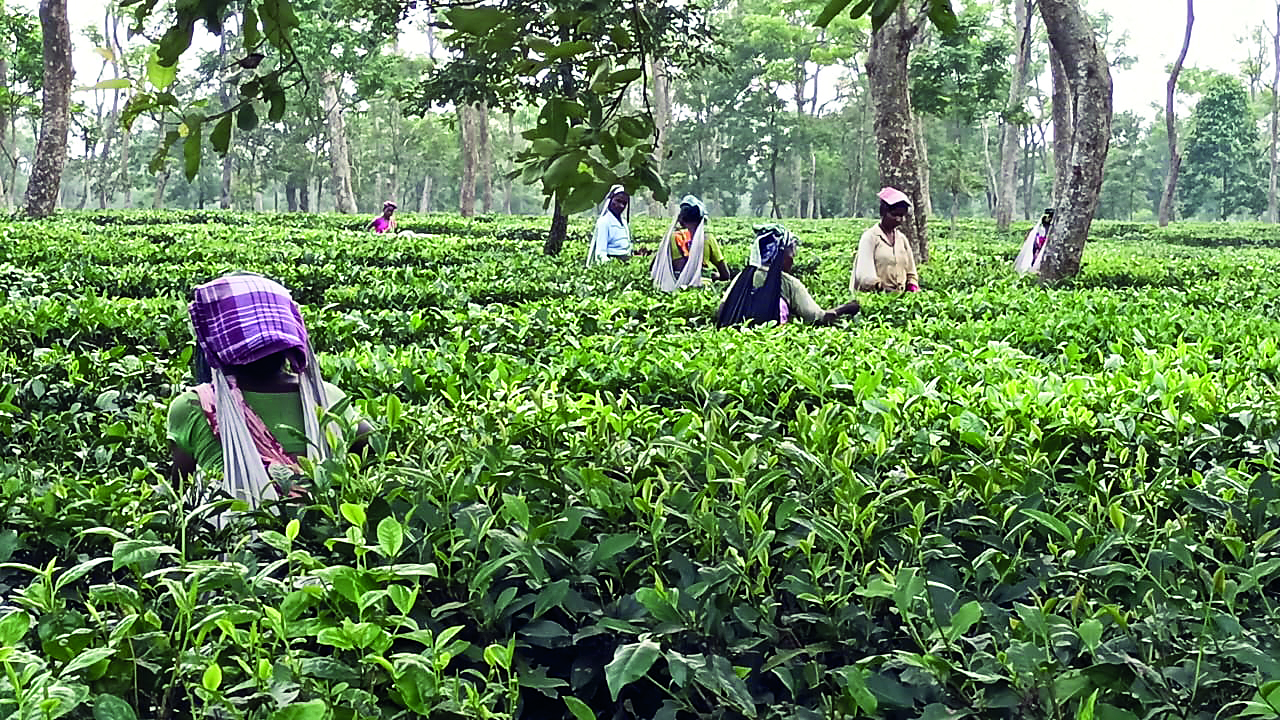New tea plucking deadline sparks industry concerns

Jalpaiguri: The Tea Board of India has announced that no more raw leaves can be plucked after November 30, a decision that has stirred significant concern among small tea growers and large plantations alike. The new directive comes as a shock, as traditionally, leaf plucking has been allowed until mid-December.
Small tea growers’ organisations fear economic losses and potential unemployment for tea workers. Large plantations share these concerns, citing increased farming costs due to rising temperatures and inadequate rainfall. Instead of extending the plucking period to mitigate these challenges, the Tea Board has shortened it, prompting calls for a review from garden owners’ organizations.
Bijay Gopal Chakraborty, Secretary of the Jalpaiguri Small Tea Growers Association, expressed his dismay: “The Tea Board has set November 30 as the deadline for plucking tea leaves, a move that has surprised everyone. The announcement was made without consulting industry stakeholders.”
Chakraborty added: “This year, tea production has decreased by 7 crore kilos in The North Indian tea industry. The cost of cultivation has surged due to extreme weather. Small tea farmers are already facing substantial financial losses and over 10 lakh people are directly and indirectly involved in the industry. With the reduced plucking period, there’s now a serious concern about managing workers’ expenses until next February. This decision could lead to the closure of both small and large gardens.”
Jiban Chandra Pandey, a former DBITA member, criticised the decision: “The Tea Board’s guidelines to halt leaf plucking earlier than usual offer no support to the industry, which was unexpected. The cost of cultivation has risen due to weather conditions, making irrigation management challenging.”
Sumit Ghosh, Secretary of the Tea Association of India’s North Bengal branch, highlighted the severity of the situation: “This season, tea production in North Bengal is 40 to 42 per cent below normal. Both first and second flush productions have been affected by untimely rains. Managing the costs associated with tea production is now extremely difficult. A comprehensive review of the tea industry by both state and central governments is urgently needed.”



